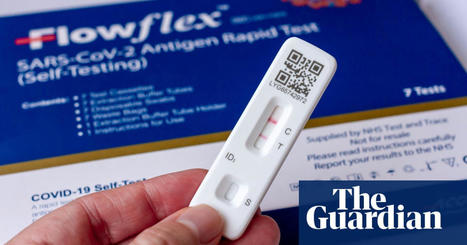EG.5 is spreading quickly, but experts say it’s no more dangerous than previous versions. Concern is rising about the Covid-19 variant EG.5. This week, it became the dominant variant in the United States, and the World Health Organization classified EG.5 as a “variant of interest,” meaning it has genetic changes that give it an advantage and its prevalence is growing. So how worried should people be about it? While severe illness in older adults and people with underlying conditions is always a concern, as is long Covid in anyone who gets infected, experts say EG.5 does not pose a substantial threat — or at least no more of one than any of the other major variants currently circulating. “It’s a concern that it’s increasing, but it doesn’t look like something that’s vastly different from what’s already been circulating in the U.S. for the past three to four months,” said Andrew Pekosz, a professor of molecular microbiology and immunology at Johns Hopkins University Bloomberg School of Public Health. “So I think that’s what tempers my concern about this variant, at this point in time.” Even the W.H.O. stated in its announcement that, based on the available evidence, “the public health risk posed by EG.5 is evaluated as low at the global level.”....
Research and publish the best content.
Get Started for FREE
Sign up with Facebook Sign up with X
I don't have a Facebook or a X account
Already have an account: Login
Virus World provides a daily blog of the latest news in the Virology field and the COVID-19 pandemic. News on new antiviral drugs, vaccines, diagnostic tests, viral outbreaks, novel viruses and milestone discoveries are curated by expert virologists. Highlighted news include trending and most cited scientific articles in these fields with links to the original publications. Stay up-to-date with the most exciting discoveries in the virus world and the last therapies for COVID-19 without spending hours browsing news and scientific publications. Additional comments by experts on the topics are available in Linkedin (https://www.linkedin.com/in/juanlama/detail/recent-activity/)
Curated by
Juan Lama
 Your new post is loading... Your new post is loading...
|
|












